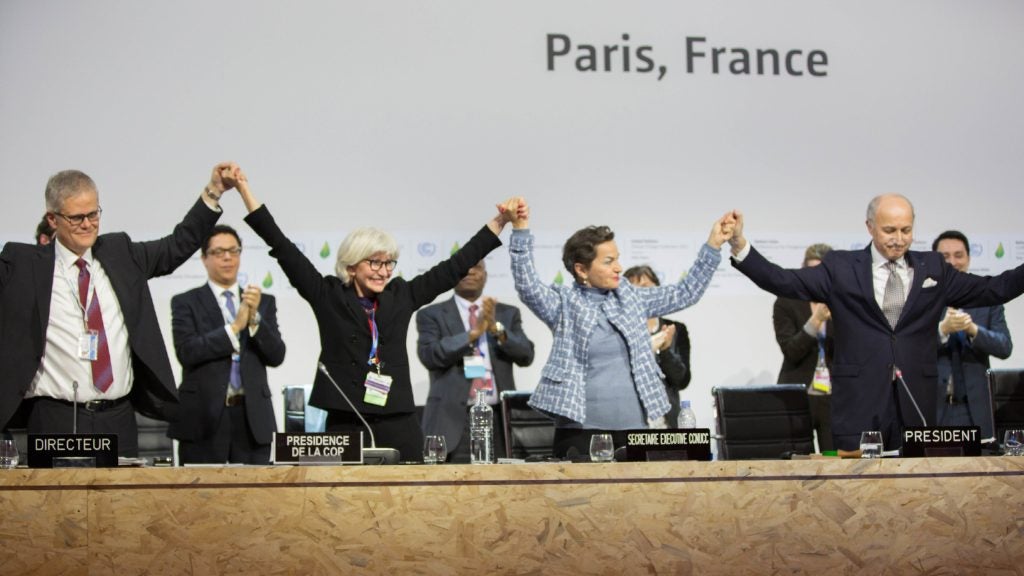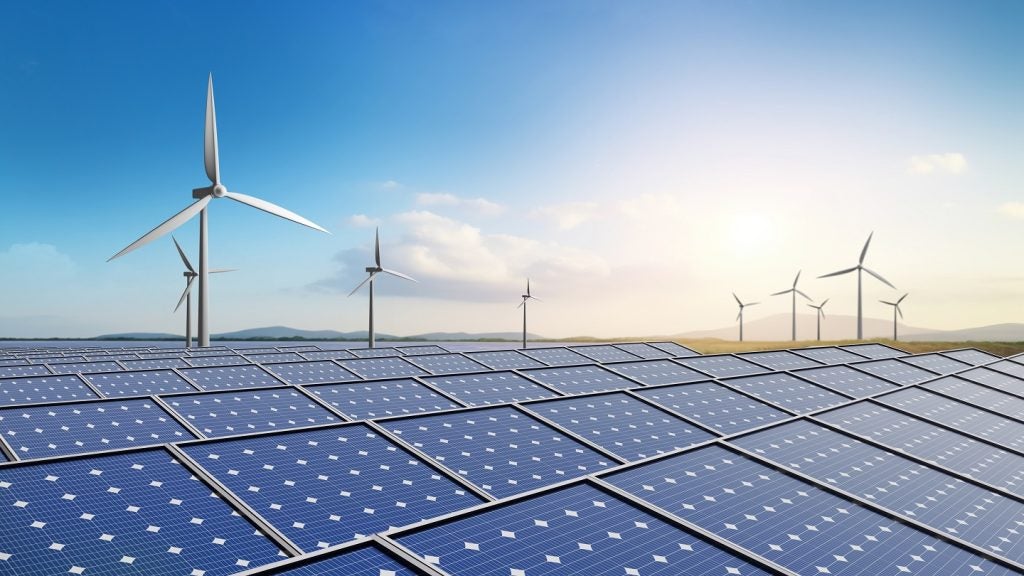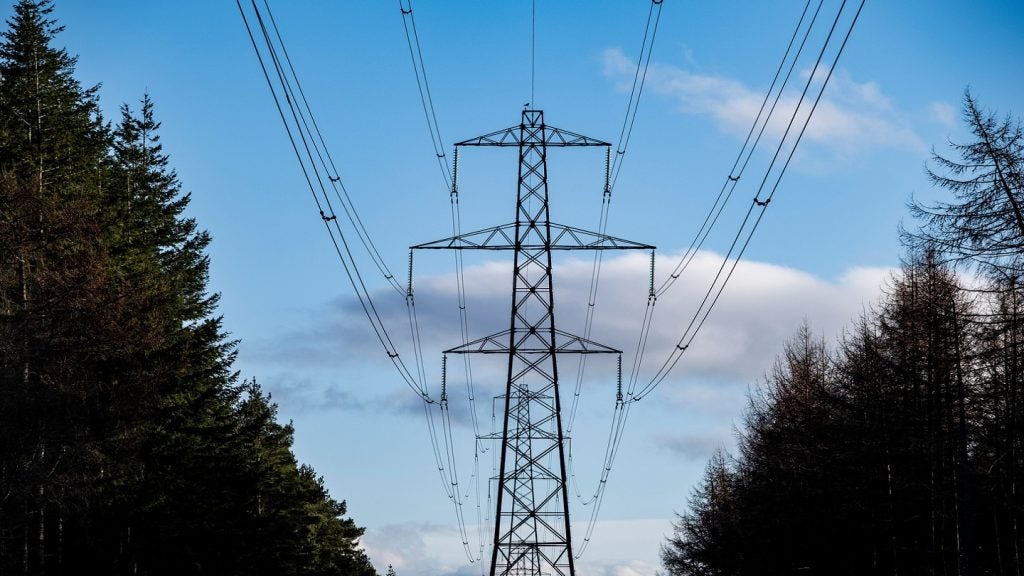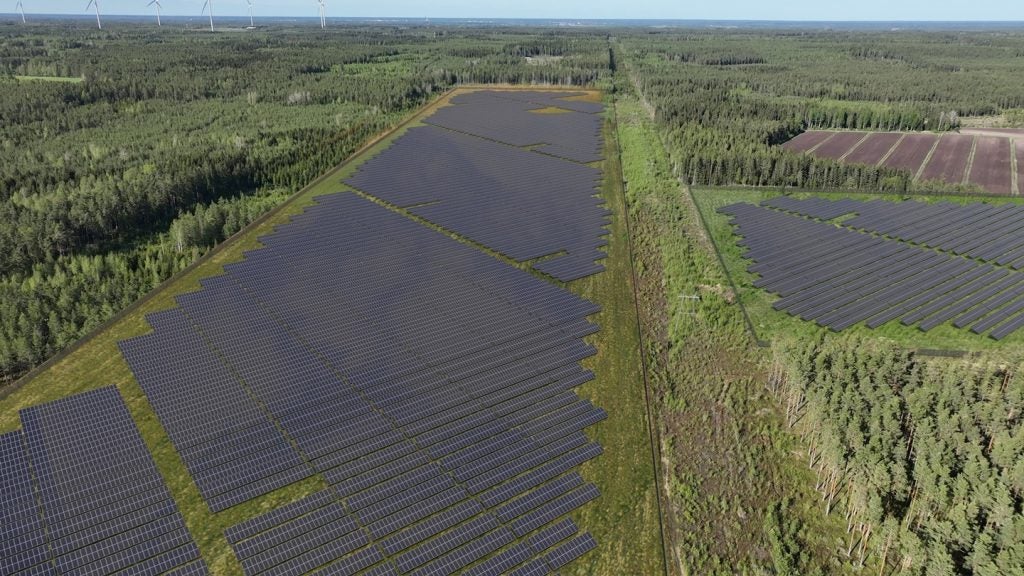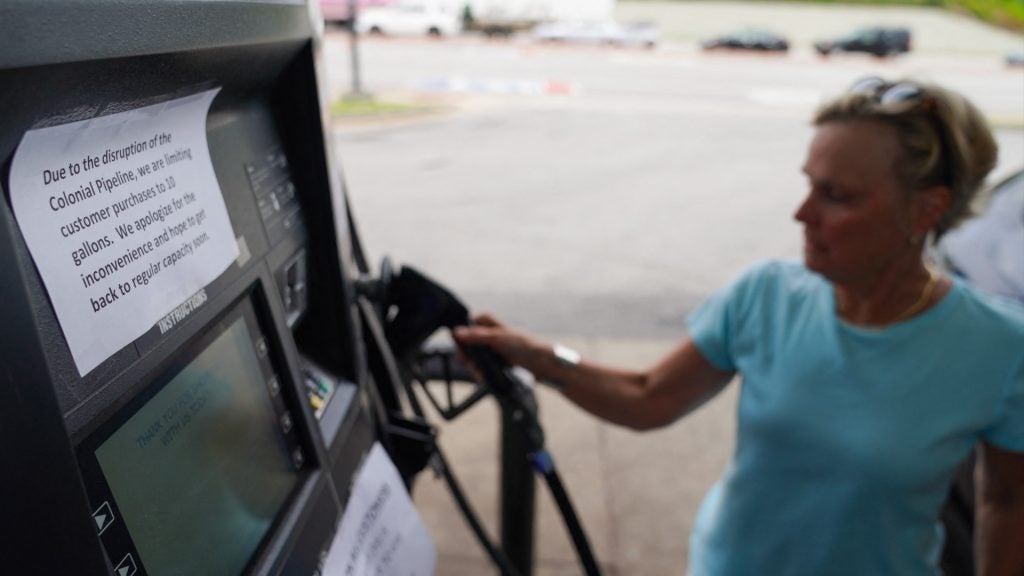Governments around the world are working to balance climate commitments with fiscal considerations, and, while some progress has been made, the financial realities of fulfilling green commitments have prompted a spate of backpedalling.
New Zealand has already reneged on several green pledges, whilst the UK has delayed some commitments in favour of financial priorities.
Meanwhile, in the US, there are concerns that a Trump win in November could result in a repeat of the 2020 exit from the Paris Agreement. Concerns around the international agreement have also made headline news in Australia, where the Coalition party has hinted that it would pull back from climate commitments were it to form a government following the 2025 election.
New Zealand
Under its Prime Minister Christopher Luxon, New Zealand’s centre-right coalition government has rocked international perception of the country's commitment to climate action, sharing plans to walk back a catalogue of green policies.
The government is in its first year and plans to reverse the ban on oil and gas exploration put in place by former Prime Minister Jacinda Ardern in 2018. It has also said that it will encourage more mining and will postpone the pricing of agricultural emissions by five years.
In its first budget in May, the coalition also made significant cuts to climate action projects and failed to announce any significant new investment for climate and environmental protection. Luxon’s government has also already removed some financial incentives around EV ownership, including the road user charges exemption. Since April 1, EV owners have had to pay the same as internal combustion engine (ICE) vehicle owners.
GlobalData senior energy analyst Paul Hasselbrinck says that New Zealand hopes to boost the economy by pulling away from these green policies.
“Direct emissions from offshore exploration, which bring significant resources, are comparatively negligible in relation to scope 3 emissions from burning the associated fossil fuels, and the government is hopeful that carbon taxes and technological advancements will reduce fugitive emissions from upstream operations,” he tells Energy Monitor.
“On transport, the government sees the positive development in global EV markets as grounds to remove demand-side policies, given their increasing competitiveness with fossil fuel-based alternatives.”
More recently in July, Luxon’s government released its draft emissions reduction plan, in which the Ministry for the Environment detailed policies that would achieve 2030 emissions reduction targets but that look unlikely to reach the country’s 2050 net-zero climate commitment.
Hasselbrinck suggests that these plans “aim to balance fiscal responsibility and efficiency of climate spending,” but says New Zealand leaves itself at risk of “falling short of 2050 targets as they rely on a bullish outlook of technological advancements.”
The Paris Agreement, the US and Australia
The Paris Agreement recognises the commitment of 195 parties (194 states and the European Union) to substantially reduce global greenhouse gas emissions and maintain a temperature increase below 2°C above pre-industrial levels, with an effort to limit the increase to 1.5°C.
The agreement was reached in 2015, but in 2020 President Trump shook global confidence in the shared goals by withdrawing the US from it. He first shared his intention to do so in 2017, when he stated that the agreement “hamstrings the United States while empowering some of the world’s top polluting countries.”
On his first day in office, President Biden recommitted the United States to the Paris Agreement. Now, in a high-stakes game of back-and-forth, Trump has said he will withdraw the US from the Paris Agreement once again if he is elected as the President in November. He has also committed to an expansion of oil and gas production, epitomised in echoing of the long-standing Republican slogan: “Drill, baby, drill!”
It's not only the US that could rock the landmark climate agreement, however. Australia’s Coalition party has suggested a potential watering-down of the country’s Nationally Determined Contributions (NDCs) if it is elected in 2025.
This suggestion came in June from Peter Dutton, leader of Coalition. He reportedly told The Australian: “They just have no hope of achieving the targets and there’s no sense signing up to targets you don’t have any prospect of achieving.”
The comments caused confusion and prompted speculation that the Coalition party planned to exit the Paris Agreement. Later clarification suggests that the Coalition’s position lies within a greyer area – the party has pledged to remain committed to plans for net zero by 2050 but will discuss 2030 targets “in due course”.
Under a Coalition party government then, it looks likely that Australia would submit a 2035 NDC containing weaker emissions reduction targets and fewer climate commitments. It is up for debate as to whether this comprises a breach of the Paris Agreement, which clearly intends NDCs to be increasingly ambitious.
Chris Bowen, Australia’s current Climate Change Minister, has made it evident that he would consider a reduction in targets to constitute a breach. In a news conference, he said: “The Paris Accord is very clear. You can’t backslide, you can’t reduce your commitments. Is Mr Dutton proposing to leave the Paris accord? Or is he just hoping no one notices?”
Of the impact of new leadership in the US and Australia and what it could mean for the Paris Agreement, Hasselbrinck comments: “Leaving the Paris Agreement would be catastrophic for the global fight against climate change and deleterious for each of the countries’ stance in the global stage.
“The Paris Agreements rely on the premise that all countries will see the benefits (reduced climate disasters) only if all countries adhere to it. Having the world’s largest economy, and one of the current and historic top emitters leave the agreement can generate distrust in this basic premise and lead other governments to find the Agreement non-beneficial, as they would bear the same transitioning cost with reduced benefits.
“While some democratically elected governments are walking back certain pledges of their own, whether there is economic merit to it or not, it is important that the accountability mechanisms enshrined in the Paris Agreements continue to stand.”
The UK
In September 2023, then-Prime Minister of the UK Rishi Sunak announced that the government would undertake a series of significant U-turns relating to the country’s climate commitments. The decisions drew widespread criticism and prompted the UN to see additional assurance that the UK still intended to reach net zero by 2050.
Arguably the biggest policy shift was regarding a nationwide ban on the sale of new petrol and diesel vehicles. The ban was set to come in in 2030, but Sunak delayed it an additional five years, pushing it back to 2035 (which was, in fact, the originally proposed year before former Prime Minister Boris Johnson brought it forward in 2020 as part of his Ten Point Plan).
In another game of swings and roundabouts, now-Prime Minister Kier Starmer’s Labour Party pledged to reinstate the 2030 ban on ICE vehicles during the election campaign. It remains to be seen whether this promise will be actualised.
Hasselbrinck considers that the policy shift is symptomatic of a broader struggle to deliver: “The 2010s were the decade of promising, and the 2020s are the decade of starting to deliver on those promises. Environmental pledges are facing increasing tensions as they face trade-offs with other governmental priorities.
“The UK’s U-turn on internal combustion engine (ICE) vehicle sales ban by 2030 is an example of this. Among the reasons considered, the government pointed to the still-high upfront cost for lower-income households and the strategic choice not to rely on Chinese vehicle imports, which are set to dominate the market.”
The postponement of the 2030 ban marked one of the most significant policy changes of Sunak’s time in office but was accompanied by another major postponement: the phasing out of fossil fuel boilers. The off-grid boiler ban was due to come in in 2026 but was postponed almost a decade to 2035.
The postponement caused concern, with Greenpeace’s director of policy Doug Parr commenting: “Rowing back on home insulation and commitments to help people move away from gas will ensure we stay at the mercy of volatile fossil fuels and exploitative energy companies.
“It will also spook international investors who will be looking for genuine government commitment on the green economy, costing the UK jobs and opportunities.”


